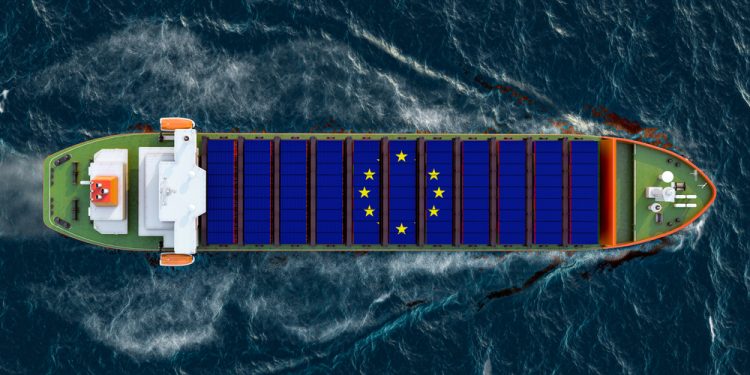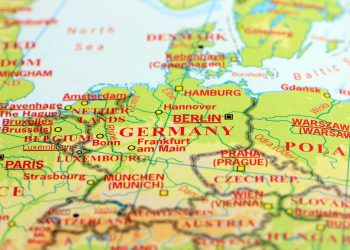In light of Russia’s war against Ukraine, the European Council decided to impose a new package of economic and individual sanctions against Russia.
The agreed package includes a series of strict measures to reinforce pressure on the Russian government and economy, weaken Russia’s military capabilities, and make the Kremlin pay for the recent escalation.
The package agreed introduces into the EU legislation the basis to put in place a price cap related to the maritime transport of Russian oil for third countries and further restrictions on the maritime transport of crude oil and petroleum products to third countries.
More specifically, it will be prohibited to provide maritime transport and to provide technical assistance, brokering services or financing or financial assistance, related to the maritime transport to third countries of crude oil (as of December 2022) or petroleum products (as of February 2023) which originate in or are exported from Russia.
The price cap derogation would allow the provision of the transport and these services if the oil or petroleum products are purchased at or below a pre-established price cap.
The new prohibition for EU vessels to provide maritime transport for such products to third countries will apply as of the date in which the Council will unanimously decide to introduce the price cap.
The price cap will drastically reduce the revenues Russia earns from oil after its illegal war on Ukraine has inflated global energy prices. The oil price cap can also serve to stabilise global energy prices.
As concerns trade, the EU is extending the import ban on steel products that either originate in Russia or are exported from Russia.
Further import restrictions are also imposed on wood pulp and paper, cigarettes, plastics and cosmetics as well as elements used in the jewellery industry such as stones and precious metals, that altogether generate significant revenues for Russia. The sale, supply transfer or export of additional goods used in the aviation sector will also be restricted.
The package agreed today also comprises:
- The sanctioning of individuals and entities that have played a role in the organisation of illegal “referenda”, representatives of the defence sector, and well-known persons spreading disinformation about the war. The Council also decided to broaden the listing criteria on which specific designations can be based, in order to include the possibility to target those who facilitate the circumvention of EU sanctions;
- The extension of the list of restricted items which may contribute to Russia’s military and technological enhancement or the development of its defence and security sector. The list will now include certain electronic components, additional chemicals and goods that can be used for capital punishment, torture or other cruel, inhuman or degrading treatment;
- A prohibition to sell, supply, transfer or export civilian firearms and their essential components and ammunition, military vehicles and equipment, paramilitary equipment, and spare parts;
- A ban on EU nationals to hold any posts on the governing bodies of certain Russian state-owned or controlled legal persons, entities or bodies
the insertion in the list of state-owned entities that are subject to the transaction ban of the Russian Maritime Shipping Register, a 100% State-owned entity which performs activities related to the classification and inspection, including in the field of security, of Russian and non-Russian ships and crafts; - A full ban of the provision of crypto-asset wallet, account or custody services to Russian persons and residents, regardless of the total value of those crypto-assets;
- The prohibition to provide architectural and engineering services as well as IT consultancy services and legal advisory services to Russia.






























































